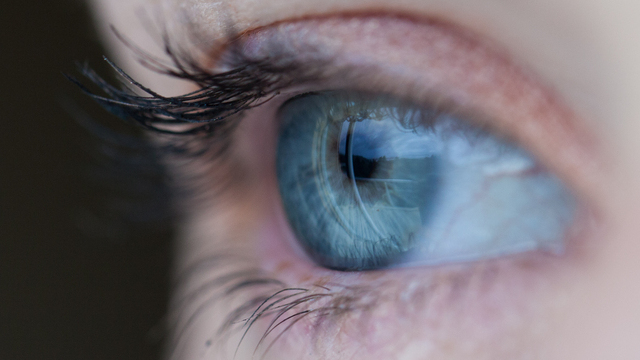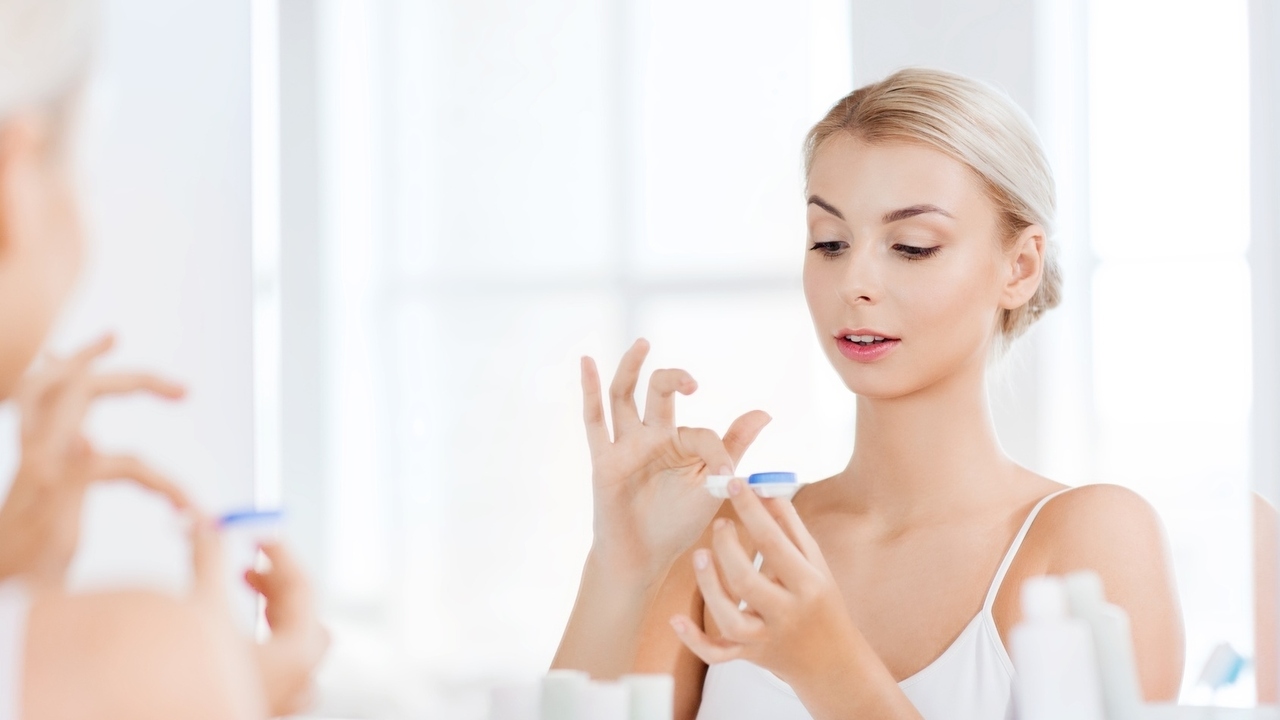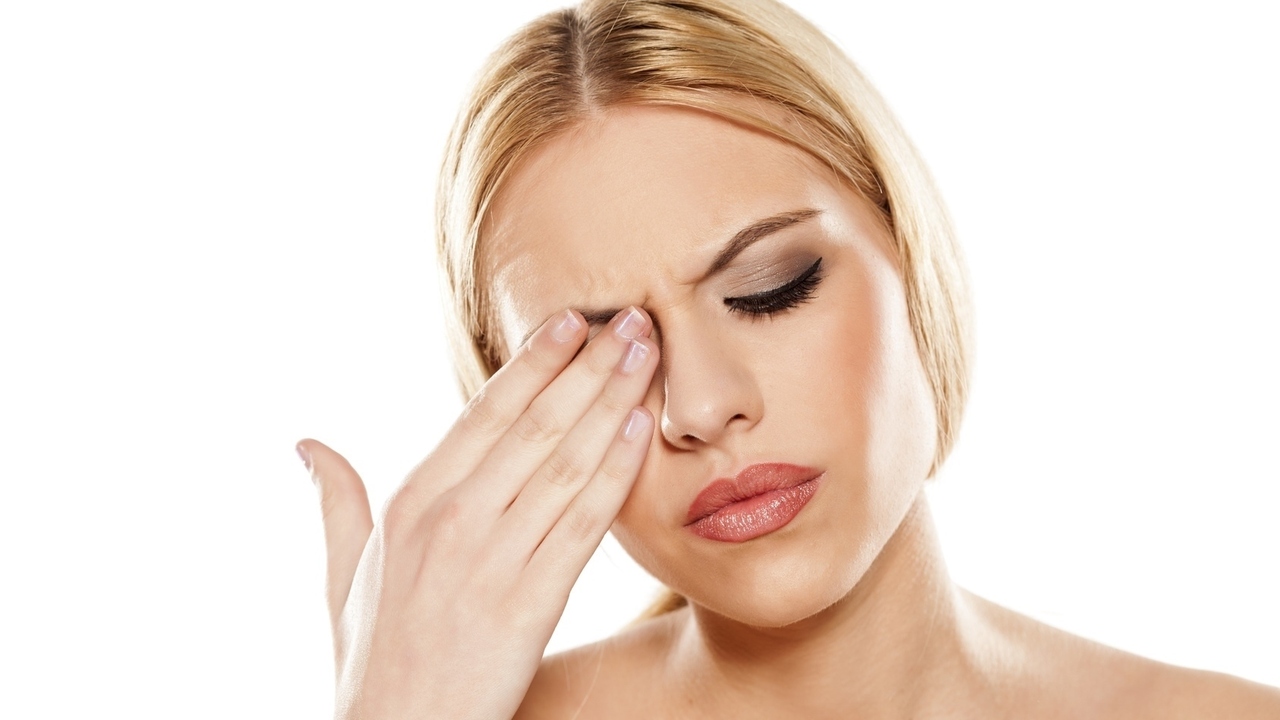 Via Unsplash
Via Unsplash
Have you ever wished you could see better at night? A group of independent researchers at Science for the Masses experimented with eye drops that could provide a temporary increase in one’s night vision.
Mind you, their experiment was not carried out as traditional research, and no one should consider trying this on their own eyes.
The drops contained a substance called chlorin e6 (Ce6) that originally has been used in cancer treatments as a light amplifier. The researchers reported that Ce6, which has properties similar to chlorophyll, had also been used in a 2012 study to improve dim nighttime vision in mice.3
The SfM researchers mixed Ce6 with insulin and dimethyl sulfoxide (DMSO) to create their eye drop solution. Insulin was used to help Ce6 become absorbed into the chambers of the eye.
DMSO is a potentially dangerous liquid chemical that assists in rapid absorption of the fluid into the cells — another reason to keep it away from your eyes.
A very small amount of eye drops — three doses of 50 microliters — were pipetted into each eye of the test subject. The subject’s eyes were initially protected from light using a black lens over the entire sclera (white) portion of each eye, and then he wore sunglasses at all times, except when his vision was tested.
After two hours, the test subject and four controls were taken to a darkened area and given vision tests in the low light.
Note, the controls were not given any placebo eye drops and all members of the team knew which person had had the special eye drops so this was not a double-blind study. (No pun intended.)
The experiment was carried out using subjective tests to locate markers and the presence of other people positioned in the darkened surroundings.
According to Tech Times, “the participant [subject] was able to recognize them with a success rate of 100 percent. The success rate of people whose eyes were not treated with the eye drops was about 33 percent.”
The enhanced dim light vision lasted for a few hours in the test subject and was reported to have returned to normal by the next day. No other adverse reactions were noted 20 days after the experiment.
The researchers were satisfied with the outcome of their study and encourage more objective studies to further test the value of these drops to “enhance the vision of healthy adults in dim light situations.”
As more traditional double-blind studies are done to test this type of eye drop, there is hope that dim vision overall can be improved, at least temporarily, in certain eye conditions.
Until then, it’s probably, safer to purchase one of these lenses you can attach to your smart phone, that captures and photographs those images we cannot see in dim light.
Sources:
1) Night Vision Eye Drops Will Give You Three Times Better Vision In The Dark: Study. Tech Times. By Sumit Passary, March 28, 2015.
http://www.techtimes.com/articles/42849/20150328/night-vision-eye-drops-...
2) A Review on Night Enhancement Eyedrops Using Chlorin e6 67. SfM. posted March 25, 2015 by Gabriel Licina.
http://scienceforthemasses.org/2015/03/25/a-review-on-night-enhancement-...
3) Washington, Ilyas et al. Chlorophyll derivatives as visual pigments for super vision in the red. Photochemical & Photobiological Sciences. www.rsc.org/pps. First published as an Advance Article on the web 1st May 2007 DOI: 10.1039/b618104j
http://diyhpl.us/~bryan/papers2/bio/Chlorophyll%20derivatives%20as%20vis...
Michele is an R.N. freelance writer with a special interest in woman’s healthcare and quality of care issues.
Edited by Jody Smith



Add a CommentComments
There are no comments yet. Be the first one and get the conversation started!